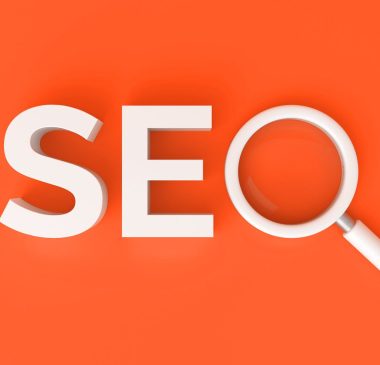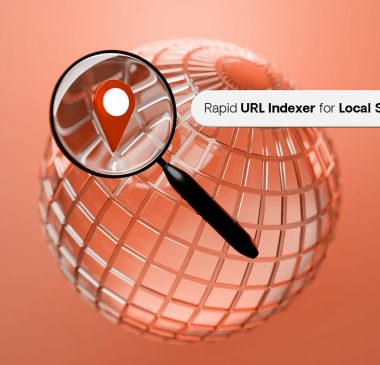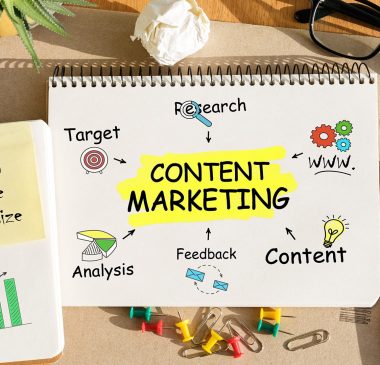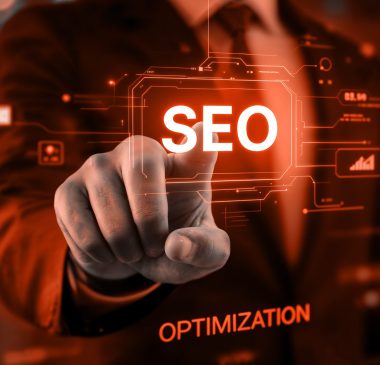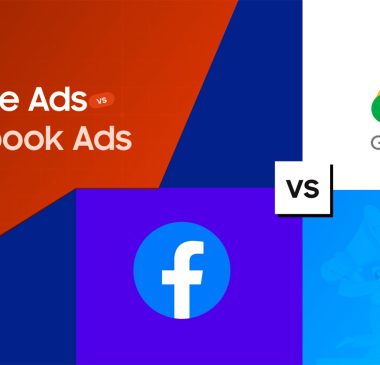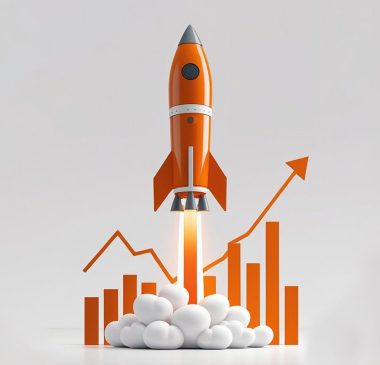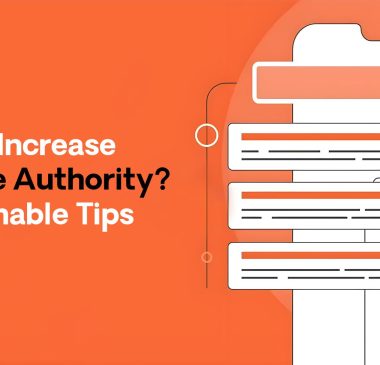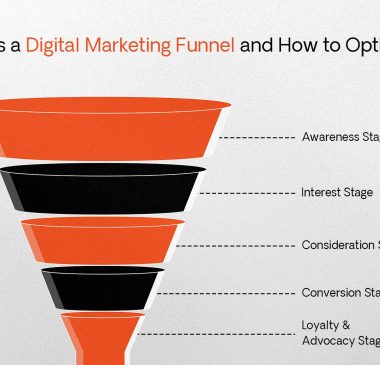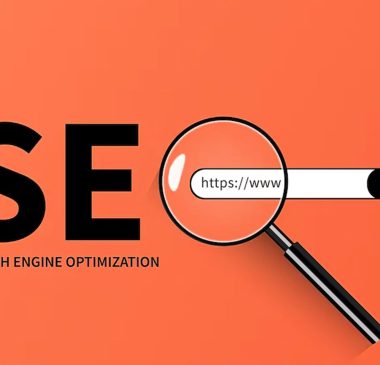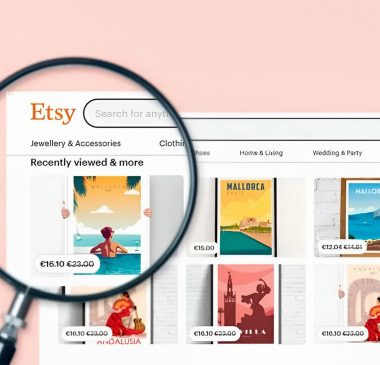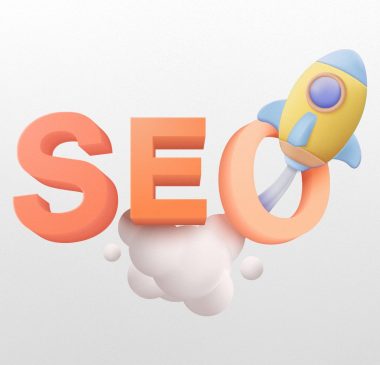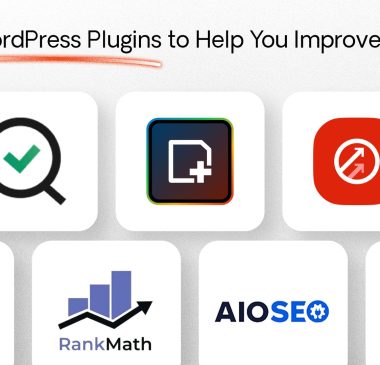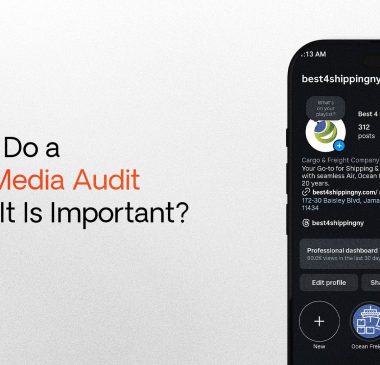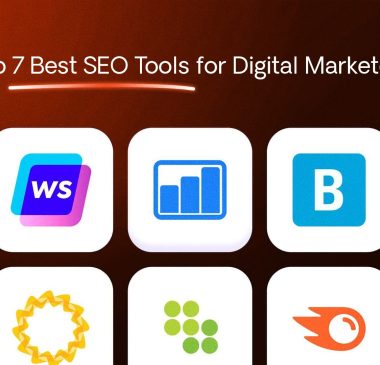Understanding and optimizing a digital marketing funnel is crucial for businesses aiming to maximize their online presence and convert leads into loyal customers. This blog will guide you through the essentials of a digital marketing funnel, its key stages, and strategies to optimize each phase efficiently.
Understanding the Digital Marketing Funnel
Components of the Funnel
A digital marketing funnel consists of several stages, each critical to guiding potential customers from initial awareness to loyal advocacy. Here’s a breakdown:
- Awareness Stage: This is where potential customers first learn about your brand. They might come across your business through social media ads, Google searches, or word of mouth.
- Interest Stage: At this point, potential customers are aware of your brand and are starting to show interest. Content that educates and engages, such as blogs or videos, works well here.
- Consideration Stage: Leads are considering your product or service as a possible solution. Detailed product info, testimonials, and comparisons are valuable here.
- Conversion Stage: The lead is ready to make a purchase decision. Promotions, free trials, and strong calls-to-action can nudge them toward conversion.
- Loyalty and Advocacy Stage: Post-purchase, the focus shifts to retaining customers and turning them into brand advocates through excellent service, loyalty programs, and engaging follow-up content.
Role of Each Stage
Each stage of the funnel serves a specific purpose:
- The Awareness stage increases visibility.
- The Interest stage educates your audience about your brand.
- The Consideration stage deepens their connection with your offerings.
- The Conversion stage solidifies their decision to buy.
- The Loyalty stage encourages ongoing engagement, fostering repeat sales and referrals.
Key Metrics to Monitor in Your Funnel
Traffic and Source Analytics
Monitoring where your visitors come from (e.g., search engines, social media platforms, email campaigns) helps you understand which channels are most effective and where to focus your marketing efforts.
Conversion Rates
Analyzing conversion rates at each stage of the funnel reveals where you’re losing potential customers and where you’re succeeding, allowing you to make targeted improvements.
Customer Retention Rates
Tracking how many customers make repeat purchases or remain engaged with your brand measures the effectiveness of your retention strategies.
Lead Leakage
Identifying stages where potential customers drop out (lead leakage) can highlight problematic areas of your funnel that need refinement.
Optimizing the Digital Marketing Funnel
Improving Awareness
- Implement SEO strategies to increase organic reach.
- Engage audiences on social media with captivating content.
- Utilize paid advertising campaigns to boost visibility.
Enhancing Engagement and Interest
- Develop a robust content marketing strategy that provides value and nurtures leads.
- Offer interactive tools like quizzes and webinars to deepen engagement.
Boosting Conversion Rates
- Optimize landing pages to be clear, compelling, and conducive to conversions.
- Conduct A/B testing to find the most effective elements.
- Create clear and compelling calls-to-action that guide users to the next step.
Increasing Customer Retention
- Run targeted email marketing campaigns to keep your brand top-of-mind.
- Develop membership programs that offer exclusive benefits.
- Provide exceptional customer service to solve issues and exceed expectations.
Technology and Tools
Leverage marketing automation tools and CRM systems to streamline processes and maintain detailed insights into customer behaviors. Utilize analytics platforms to gather data and make informed decisions.
Case Studies and Examples
Illustrating successful strategies with real-world examples provides a practical perspective on what works in digital marketing. Common pitfalls, such as neglecting mobile optimization or underestimating the power of email marketing, offer learning opportunities to avoid similar mistakes.
Conclusion
The digital marketing funnel is a dynamic model that requires continuous attention and adjustment. Regular review and adaptation of your strategies based on performance metrics are essential to stay ahead in the competitive digital landscape.
Call to Action
Evaluate your digital marketing funnel today! Consider which areas might need refinement, and don’t hesitate to experiment with new strategies to see what resonates best with your audience. For more insights and assistance, subscribe to our newsletter or reach out for a consultation to learn how we can help you optimize your funnel for better performance.
FAQs
1. How to Build a Digital Marketing Funnel?
Building a digital marketing funnel involves several key steps:
- Define Your Audience: Understand who your customers are and what they need.
- Set Clear Objectives: Determine what you want each stage of the funnel to achieve.
- Create Engaging Content: Develop content tailored to the needs and interests of potential customers at each stage of the funnel.
- Implement Tools and Technology: Use CRM and marketing automation tools to streamline the process.
- Monitor and Optimize: Regularly analyze performance data to identify areas for improvement and refine your funnel accordingly.
2. What is a Funnel in Digital Marketing?
A funnel in digital marketing is a model that represents the journey potential customers go through, from first becoming aware of your brand to making a purchase and beyond. It helps marketers structure their efforts to nurture leads at each stage of this journey effectively.
3. What is a Full Funnel Approach in Digital Marketing?
A full funnel approach in digital marketing involves targeting customers at every stage of the buying process, from awareness to loyalty. It emphasizes a comprehensive strategy that addresses customer needs and drives them towards conversion at each stage, ensuring no opportunities are missed and maximizing overall efficiency.
4. What is a Sales Funnel in Digital Marketing?
A sales funnel is a specific type of marketing funnel focused on the conversion of leads into paying customers. It typically involves several steps, such as lead capture, lead nurturing, qualification, and closing. The goal of a sales funnel is to streamline the process of turning potential customers into actual customers.
5. What is a Search Funnel in Digital Marketing?
A search funnel is a concept that describes the sequence of queries a user makes leading up to a conversion. It starts with broad informational searches, narrows down to more specific interests, and finally, focuses on intent-based queries that indicate readiness to purchase. Understanding search funnels can help marketers create content that aligns with each stage of a user’s search journey, enhancing SEO and helps increase conversion rates.



